
Today we finish our series, “Letters to the World,” in which the communities of Berlín have an opportunity to share their own stories, histories, and worldviews in their own words. This time, we hear from a women’s group in the community of El Jícaro.
~
El Jícaro, Mercedes Umaña, Usulután
History of the community of El Jícaro and women of the cooperative.
To tell you that we live in a poor community but [are] women willing to work for our families. We are a women’s group and we organized in the year 2002 to help our families and defend our rights and in the community we have 134 families but not all are part of the organization. We work in agriculture and vegetable farming and with birds. The community counts on a very beautiful river. There is a school and a medical clinic, two soccer fields, one Catholic church and two Evangelical churches. There are some families that count on their own parcel of land to farm, others do not. There is potable water, electricity. To explain a little of the situation of the organization, we have obtained some small projects such as home gardens, food, some credit to work in agriculture, vegetable farming. These credits were approved by the Emmanuel Church. This was in the year 2004. Then Las Dignas have supported us in the training process; that is a women’s institution that defends the rights of women. Also in an emergency they supported us with fertilizer, seed. And also with food. This was a result of the storm Stan.
With the Pastoral House we coordinate the work. Since about 8 years ago, they have supported us with food, with chairs, with bean seed to plant, clothing, tanks to collect water, 3 sewing machines, fertilizer, a medicine cabinet, trainings. And we meet with the committees once a month and we are always coordinating. Also the Secretary for Social Inclusion supported us with a distribution for the whole community. This was a result of the losses of crops that we had in the 2011 year.
Then in the 2013 year we became legal as a women’s agricultural cooperative organization and we are a group of 40 women. The legalization we have from the Ministry of Agriculture through an organization of the Ministry. They have supported us with a project together with another organization, a project of wood-conserving stoves, birds, vegetables, separating filters. And we continue working in the community making wines to sell and we are thinking about doing an exhibition to raise funds to sustain the cooperative, which is apolitical and not party affiliated.
The local government does not support us as women. Our rights are violated they discriminate against us because of the fact that we are a women’s organization. We also see the situation in other countries that also affects us as women of the community. We see the health situation. We have a health clinic but without medicines. They do blood tests for the women of the community (cytology) and do not give them results because they lose them and they give us prescriptions and we purchase them because they do not have some [of the medicine] in the health clinics.
We are women that do domestic work and it is not paid like other work. The work is devalued. For the women we do not have a security force that benefits us, there is no police post in the community. The community is a bit deforested as well because of the same economic situation that we live. Also they say that the water is polluted by a company that called La Geo. 12 people have died from chronic kidney disease that have allergic reactions on their skin for the same reason because they sometimes dump their dirty water into the creeks and then this comes to the river and the springs where the water comes to us that we consume in the community. There are others that throw garbage and dead animals into the creeks and river and all of this affects us.
Last year the crops were lost and all of this happened as a result of the lack of rain. Because as the large corporations cut down so many trees and they do not think about the harm that they are doing to the population and it is for this reason that we are now lacking food and there is malnutrition in the children. We have a case of a malnourished child and he has not grown because he has a [medical] problem. And as the families are poor they do not have enough to purchase the treatment he needs for him. Because it is a shot that costs $225 and you have to inject it every two weeks. And the family does not have enough and there is no institution helping that is buying it. We ask that you might help us to find someone to support this family so that this family can buy this injection because that will help his growth because they have given it to him once and he grew three centimeters and because of a lack of money they cannot buy this injection.
To tell you that as a community that work with the Pastoral House and together with the Pastoral House we made a request as a result of the [crop] losses that we had last year, that is to say in 2015. In agriculture we lost all the work that we did, the corn, the beans, and other grains. We did not obtain a harvest and this [request] was made to the World Food Program and they did not respond to us or that is to say that they did not help us with the food that we are requesting for the families affected by the drought. There is no hope that they may help us in these instances that are at the world level. It is not true that they are helping in emergencies.
So we are a community that lacks this aid and we need you to be able to support us with food someday and to ask for projects that favor the families with dignified homes. For example with a dignified house because some families live in sheet metal shacks. And that you help us with the legalities of our compatriots that are in the USA so that they may not be deported because they are the ones that maintain the economy in our country and municipalities.
Well, not having more to say we finish. We say goodbye to all of you sincerely, The Women’s Cooperative in El Jícaro.

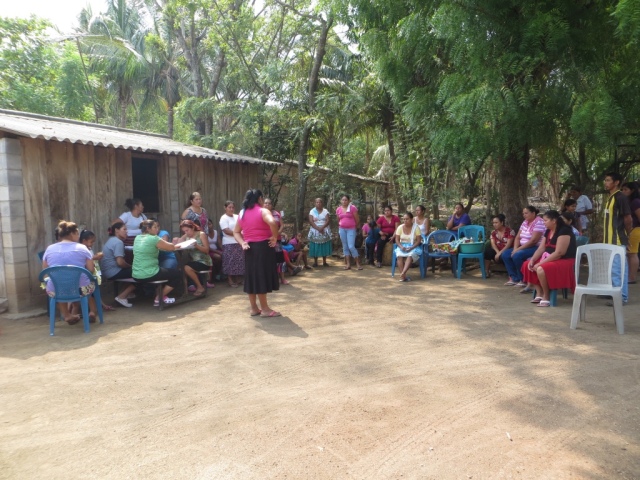

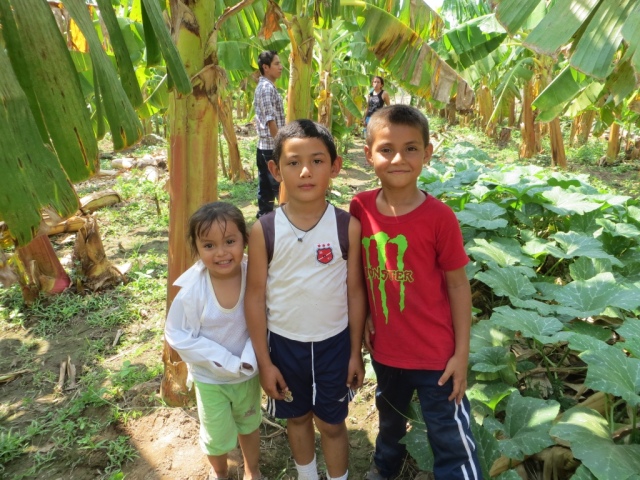




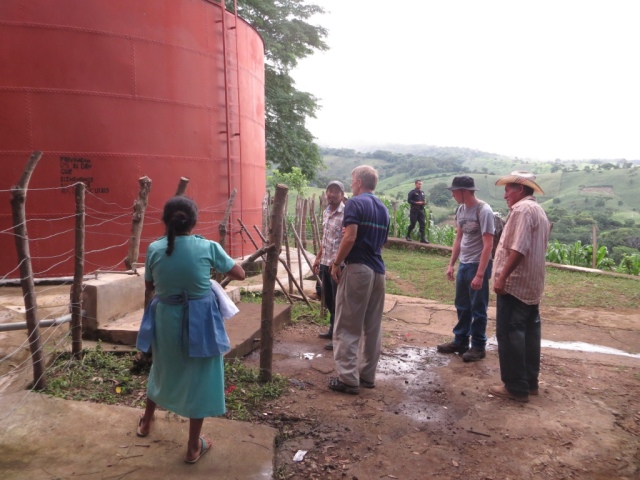
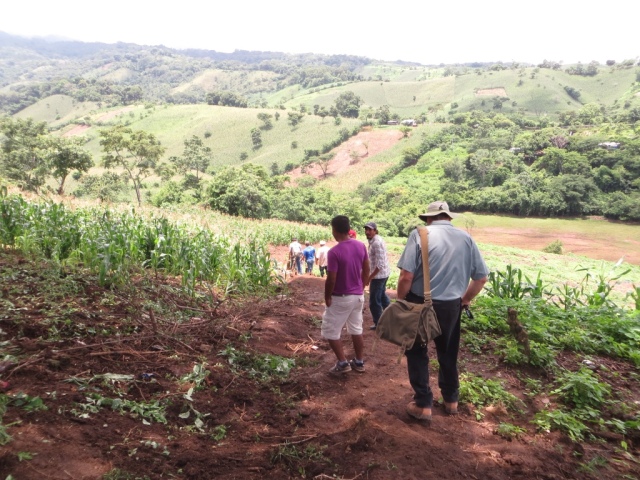

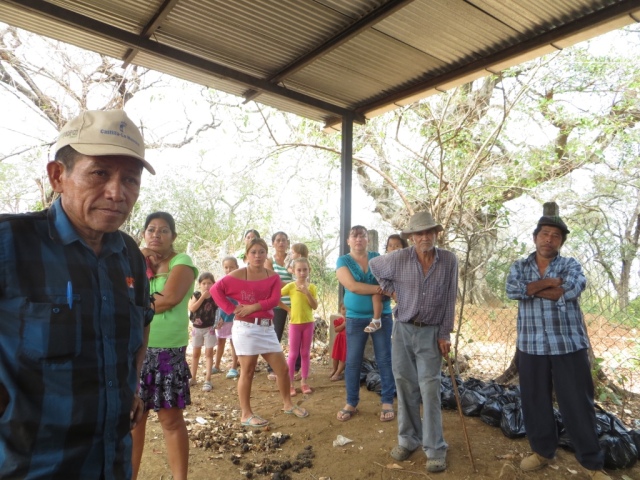
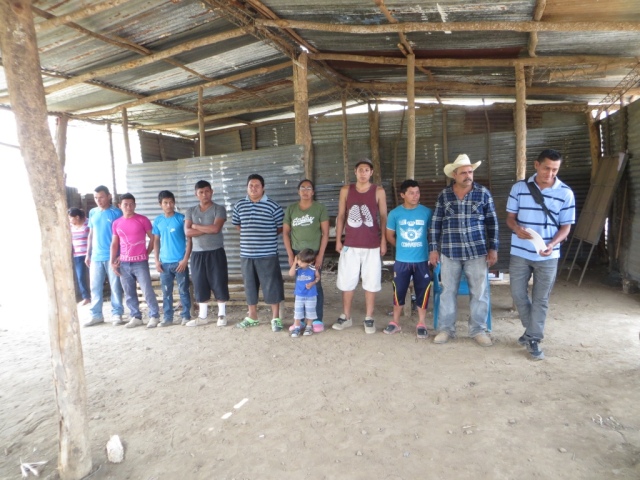


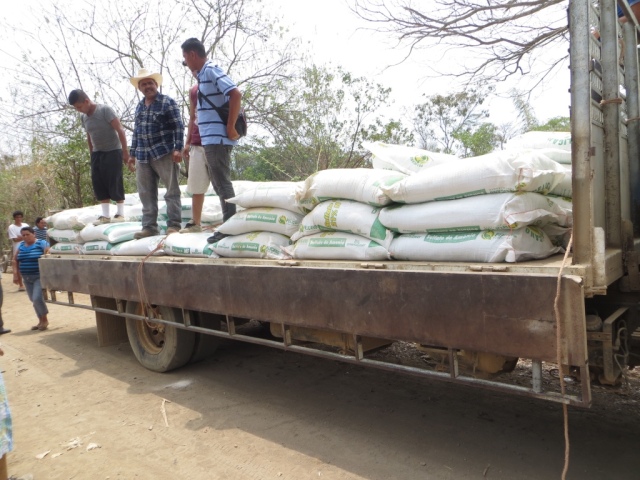
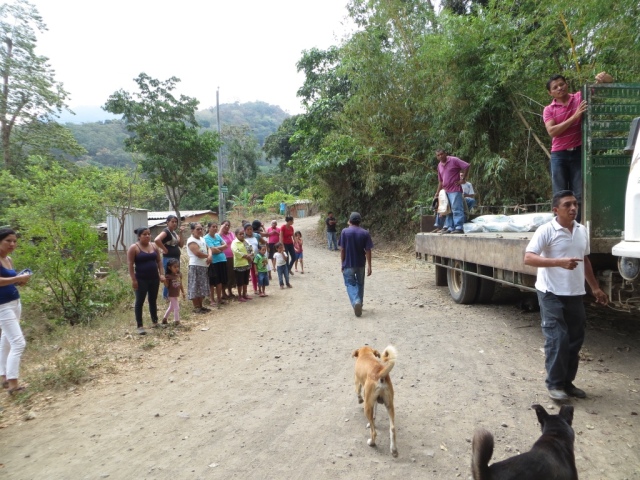

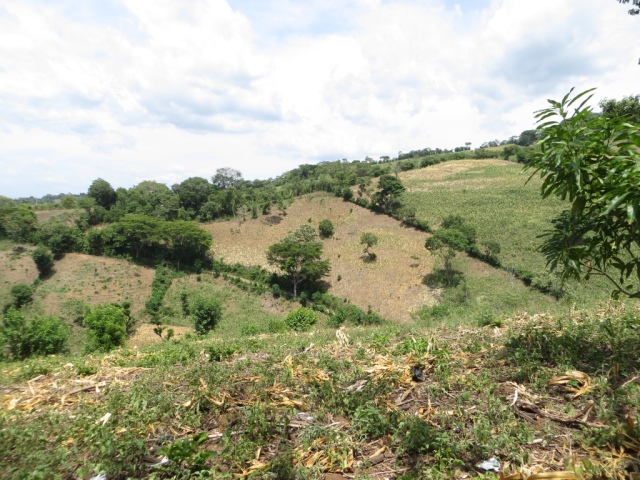 We continue with our series, “Letters to the World,” in which the communities of Berlín have an opportunity to share their own stories and histories in their own words.
We continue with our series, “Letters to the World,” in which the communities of Berlín have an opportunity to share their own stories and histories in their own words. 




